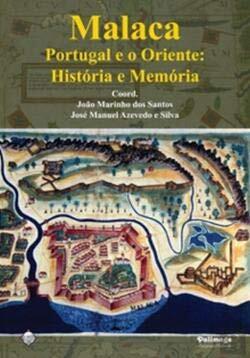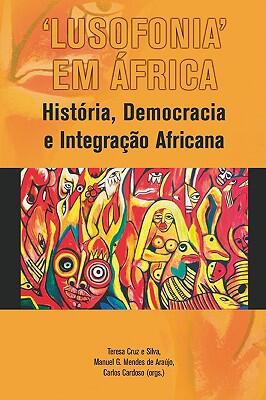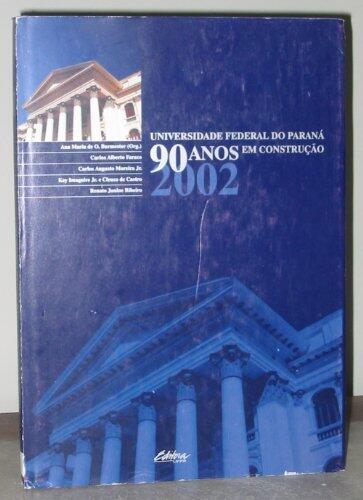
A manilha e o libambo: a Africa e a escravidão, de 1500 a 1700
Оценок пока нет
History
Формат
Твердый переплет
Страницы
1,071
Язык
Португальский
Опубликовано
Jan 1, 2002
Издатель
Editora Nova Fronteira Ministério Da Cultura, Fundação Biblioteca Nacional, Departamento Nacional Do Livro
ISBN-10
8520912621
ISBN-13
9788520912621
Описание
Alberto Da Costa E Silva delves into the intricate history of Sub-Saharan Africa between the 1500s and 1700s, a time profoundly marked by the emergence of oppressive systems and the transatlantic slave trade. This exploration reveals the socio-political landscape of the region, highlighting how European colonization and the insatiable demand for labor disrupted local cultures and communities.
Through a meticulous examination of historical records and narratives, the work captures the resilience and struggles of African societies in the face of encroaching forces. The author weaves together stories that showcase the human impact of slavery, portraying both the suffering endured and the cultural exchanges that arose during this tumultuous period.
E Silva’s analysis extends beyond mere dates and events, inviting readers to understand the complexities of identity and agency within the continent. The book encourages reflection on the enduring consequences of this era, resonating with contemporary discussions about heritage and historical accountability.
A powerful narrative emerges, emphasizing that the history of Africa cannot be divorced from global forces that shaped it. Ultimately, this comprehensive overview serves not only as an academic resource but also as a reminder of the inherent strength found within the continent's diverse populations.
Through a meticulous examination of historical records and narratives, the work captures the resilience and struggles of African societies in the face of encroaching forces. The author weaves together stories that showcase the human impact of slavery, portraying both the suffering endured and the cultural exchanges that arose during this tumultuous period.
E Silva’s analysis extends beyond mere dates and events, inviting readers to understand the complexities of identity and agency within the continent. The book encourages reflection on the enduring consequences of this era, resonating with contemporary discussions about heritage and historical accountability.
A powerful narrative emerges, emphasizing that the history of Africa cannot be divorced from global forces that shaped it. Ultimately, this comprehensive overview serves not only as an academic resource but also as a reminder of the inherent strength found within the continent's diverse populations.
Обзоры
Отзывов пока нет
Станьте первым, кто оставит отзыв о этой книге и поделится своими мыслями
Добавить первый отзывЖурнал чтения
Журналы чтения не найдены
Начните отслеживать ваш прогресс в чтении, чтобы видеть записи здесь
Добавьте ваш первый журнал чтенияЗаметки
Журнал транзакций
Журналы транзакций не найдены
Начните отслеживать ваши книжные транзакции, чтобы видеть записи здесь
Добавьте ваш первый журнал транзакций


















